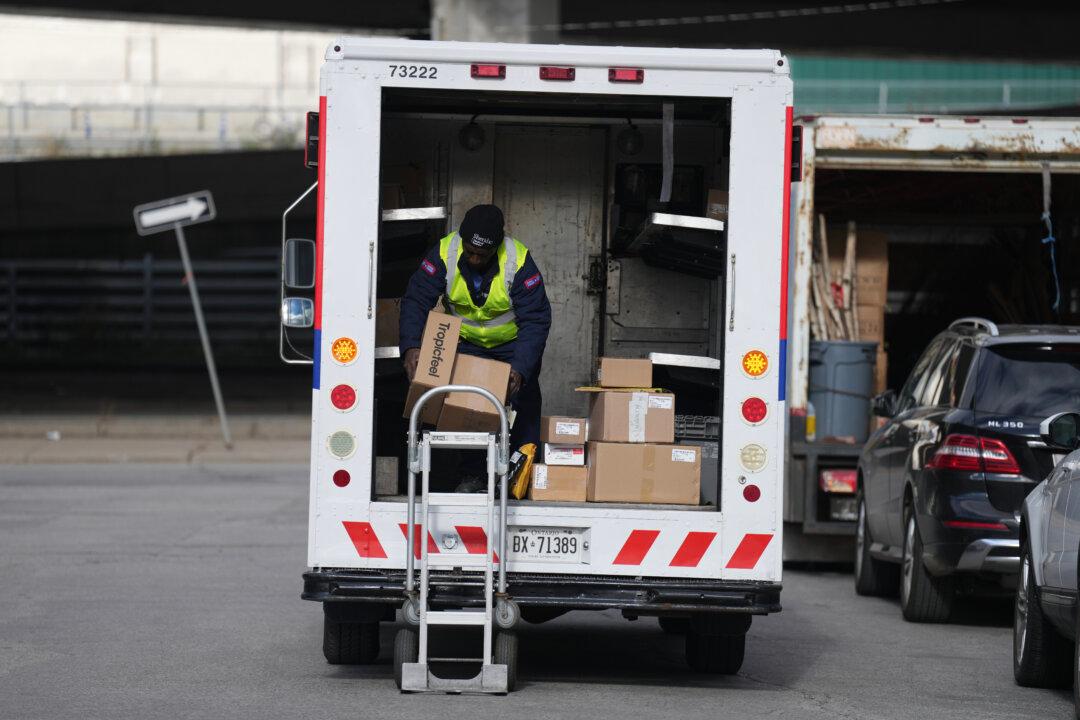Canada’s business and retail advocacy groups are calling on the federal government to bring an end to the nationwide postal strike that has stalled mail delivery for businesses and consumers alike.
Approximately 55,000 Canada Post workers walked off the job just after midnight on Nov. 15, following failed discussions at the bargaining table between the Canadian Union of Postal Workers (CUPW) and the Crown corporation.





